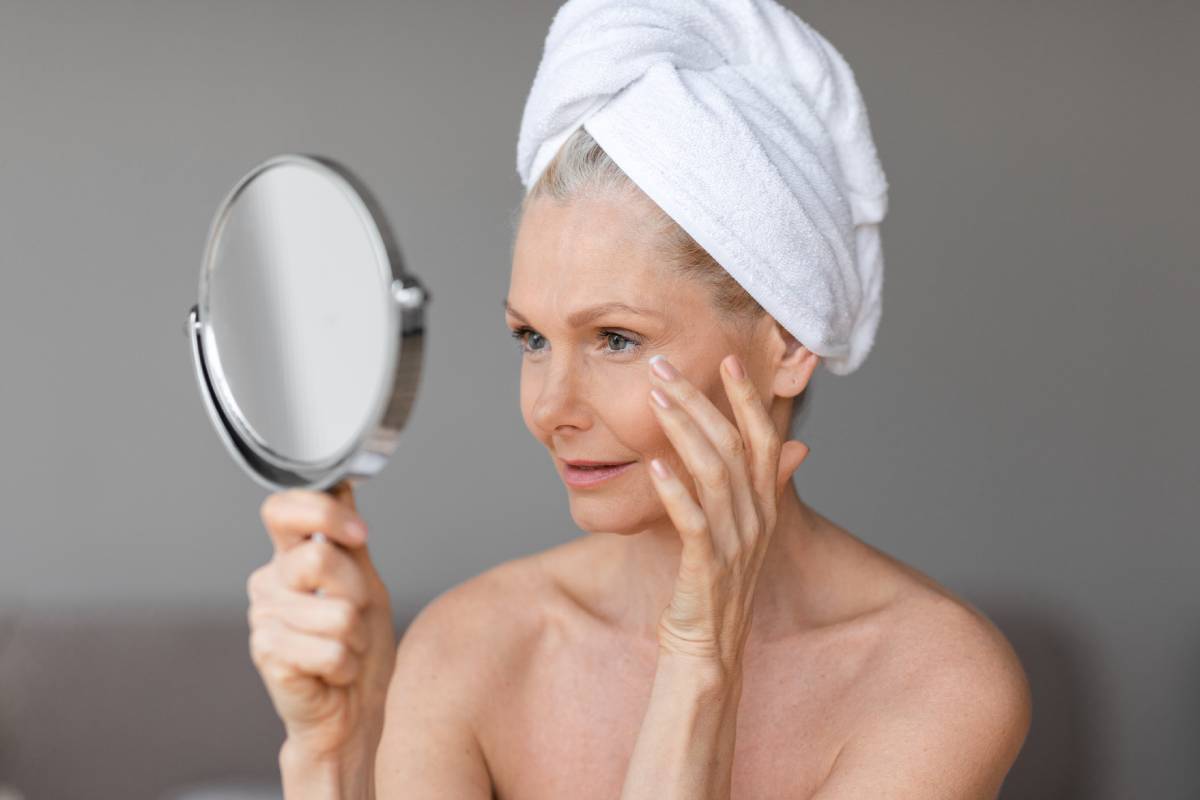Dark circles are one of the most common cosmetic concerns among men and women. They can impact your entire look and make you feel self-conscious. Many people are often told they look tired or unwell when they have dark circles under their eyes. This can occur even if you are well rested. Occasional dark circles may be caused by stress or inadequate sleep. However, sometimes dark circles may be due to genetics, natural aging, and consistent lifestyle factors. You may wonder, are dark circles a sign of a health problem?
Are Dark Circles a Sign of a Health Problem?
In many cases, dark circles alone are not a cause for serious medical concern. It is often a cosmetic issue that can be addressed with dark circle treatment. However, they can point towards health issues. Oftentimes, dark circles can point toward health or lifestyle factors. These can impact your blood vessels and skin, which can result in dark circles. The skin under the eyes is very thin and delicate. Changes in your skin or blood circulation can make dark circles more prominent.
In some cases, dark circles can be a symptom of a bigger issue. It is important to address the underlying issue. This is important for your overall health. It can also help reduce the appearance of dark circles. Common health issues that result in dark circles include allergies, anemia, dehydration, chronic sinus congestion, and thyroid issues. If you have dark circles in combination with any of the symptoms associated with these conditions, contact your medical provider.
If the dark circles are not due to underlying health conditions, other factors can contribute to the condition. Many of these are non-medical factors. This often includes genetic factors, natural aging, or lifestyle choices. Dark circle treatment can improve the condition. Combining treatment with healthy lifestyle habits ensures your treatment results last.
Factors That Increase Risk for Dark Circles
Dark circles can make you look tired and much older than you are. This not only affects your appearance, but it also impacts your self-confidence. When you do not feel like yourself when you look in the mirror, it can take a toll on you. Below are some of the common causes of dark circles and what you can do about them.
Genetics
Dark circles can be hereditary. This means that if your close family members have dark circles, you are more likely to have them as well. Skin tone is also a factor. If you have thin or fair skin, the blood vessels under your eyes are more visible. This can create a blue or purple tint, leaving you with dark circles. Hyperpigmentation is also genetic. This can lead to brown or gray discoloration under the eyes. There are several treatment options that can address dark circles caused by genetics. Dermal fillers, laser skin treatments, and lower eyelid surgery are highly effective.
Natural Aging
The natural aging process causes changes in the skin. This can result in thinning skin and changes in fat volume under the eyes. When this occurs, people notice hollow under eyes that cast dark shadows. This can make you look tired, unhealthy, and much older than you are. The deep groove that forms between the lower eyelid and upper cheek can be addressed. Effective cosmetic treatment options include skin treatments, dermal fillers, and lower eyelid surgery.
Unhealthy Lifestyle Factors
Living an unhealthy life leads to several unwanted issues. These not only impact your overall health, but they can also impact your appearance. Common habits include poor sleep, excessive screen time, dehydration, and unmanaged stress. Each of these results in poor circulation and fluid buildup. This directly impacts the area under the eyes. It can make it look dark, puffy, and aged. Smoking and alcohol use are also extremely damaging to your health and skin. Avoid these unhealthy lifestyle factors.
Sun Exposure
Excessive sun exposure, especially when the skin is unprotected, triggers melanin production. This is especially impactful for those prone to hyperpigmentation. Over time, this can lead to skin issues. It can cause uneven skin tone and dark patches under the eyes. To avoid this, use sunscreen daily, even if you do not go outdoors. When you do go outside, use protective sunglasses and wear a wide-brimmed hat for added protection. This can reduce dark circles caused by sun exposure. If you already have sun damage, consult with an eyelid surgeon, as they offer skin treatments to improve the issue.
Top Eyelid Surgeon
If you want to improve your dark circles, contact the team at Jeffrey Joseph Ophthalmic Plastic Surgery today to schedule a consultation!
